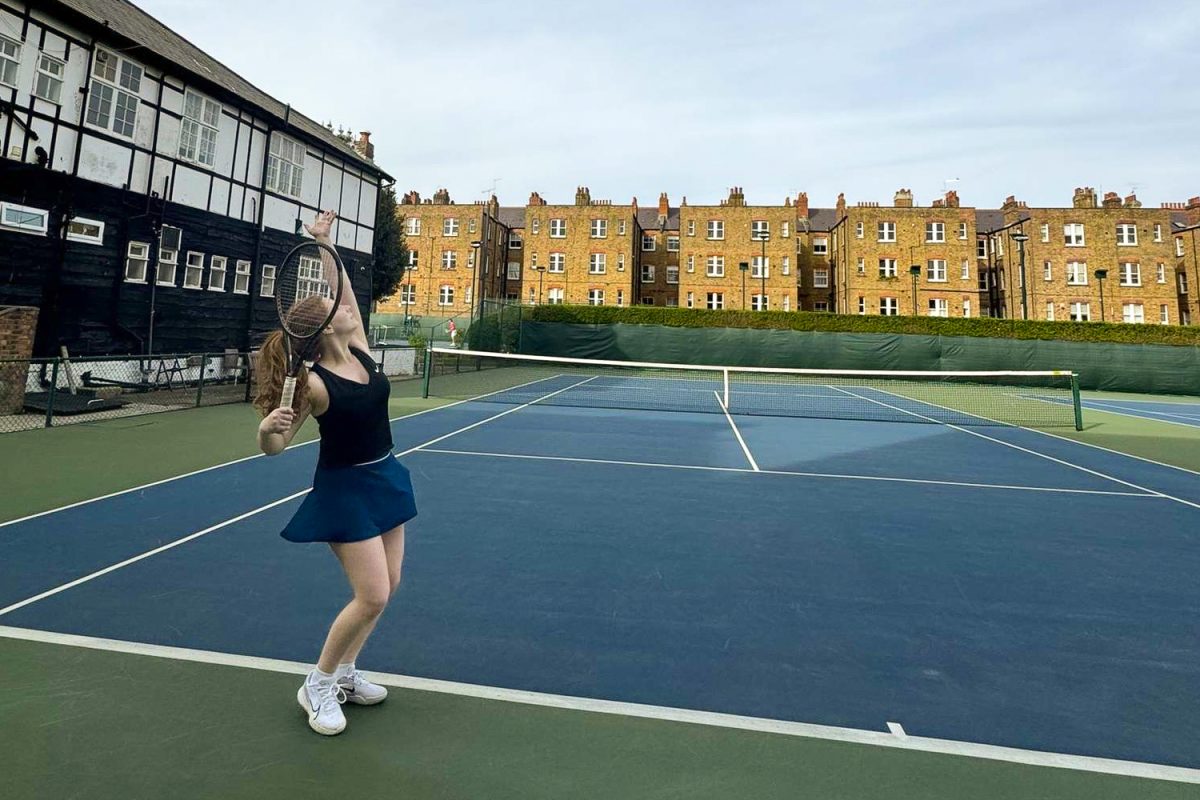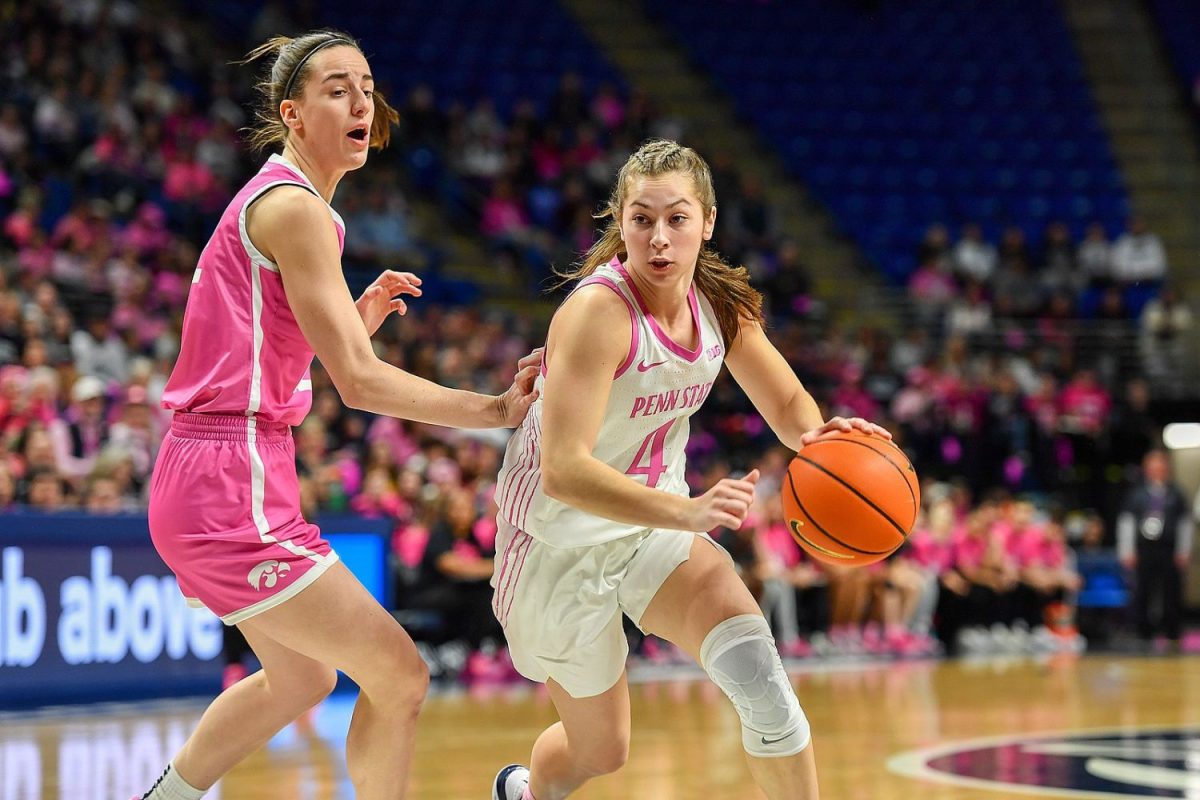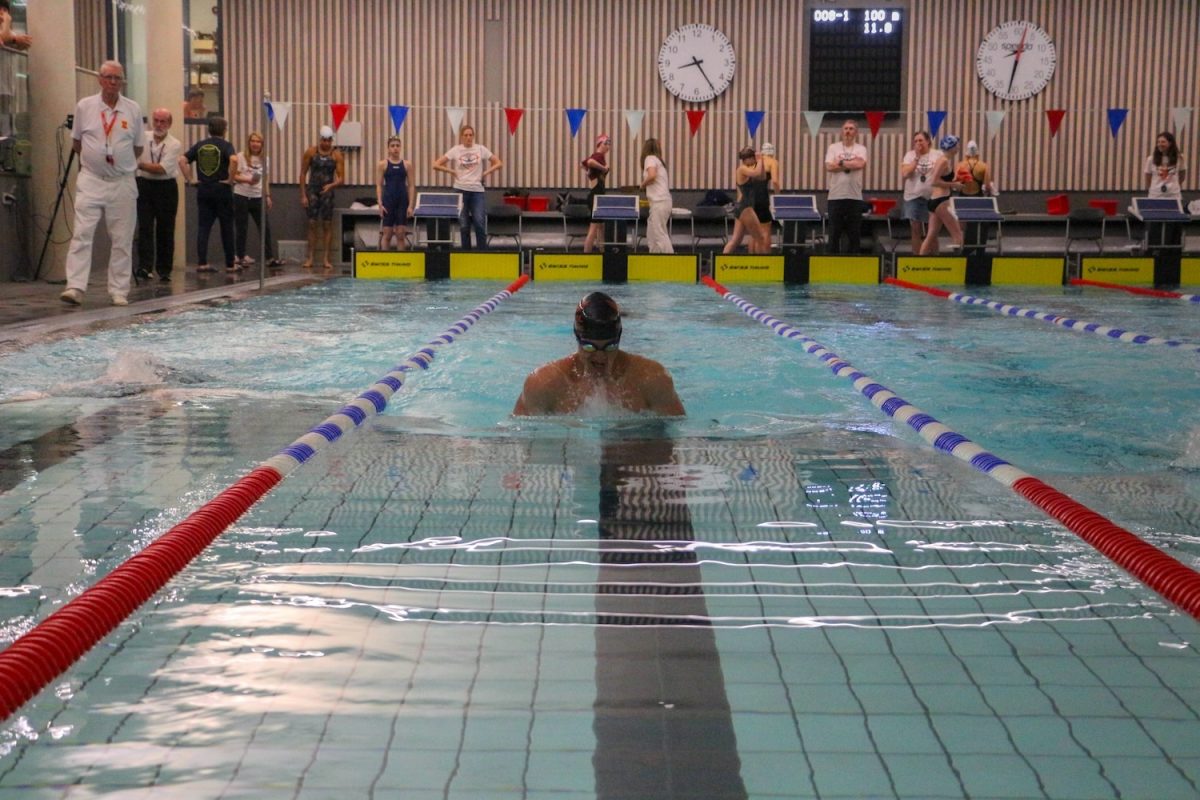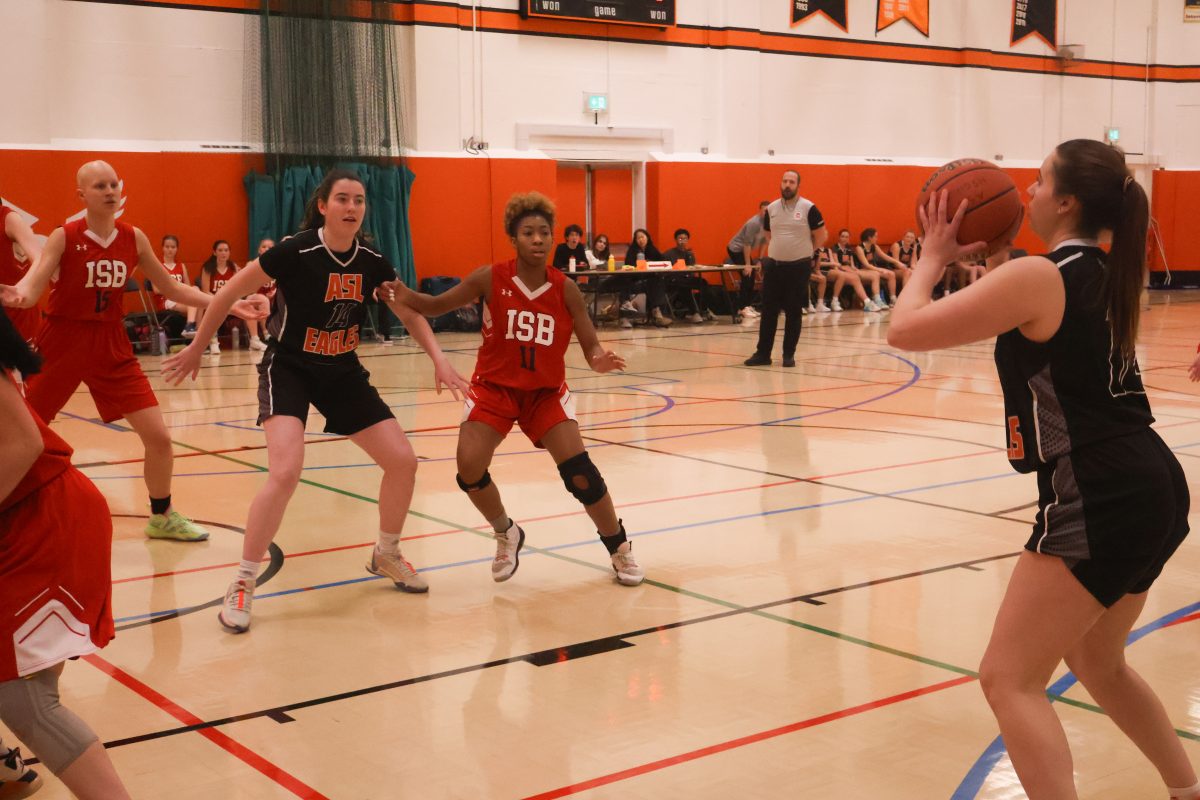NIKOLAI BIRCH SPORTS EDITOR
The summer is usually fairly quiet in terms of sporting news, as the Barclays Premier League, the National Football League (NFL), and the National Basketball Association (NBA) are in their offseasons, and Major League Baseball (MLB) is in the middle of its season.
Due to the minimal amount of substantial sporting news that came out, this summer made me think about the roles of professional athletes off the court or field, and how ridiculous some of their actions can be.
As an avid visitor to the Entertainment and Sports Programming Network (ESPN) website’s front page, I read all kinds of sports news. When the summer came, and the NBA draft and free agency came to pass, all that was left were the terrible off-the-court decisions that bored players ended up making.
Within the span of a few weeks at the start of summer, it seemed that news filled up with face-palm-inducing moments, with athletes tweeting slurs and posting lewd pictures on Instagram, such as J.R. Smith of the New York Knicks, who posted a naked picture of the woman that he was with that night and Tyler Seguin of the Dallas Stars of the National Hockey League (NHL) tweeting that “there are only steers and queers in Texas.”
It dawned on me later that the teams do almost nothing to discourage these millionaires from making the same “mistakes” over and over again. The only things that teams that do to stop these blatant violations of league policy and sometimes law, are vague disciplinary press statements, throwing weak fines for amounts of money that players probably spend in a few hours at a nightclub, and forcing these athletes to toss out apologies that really mean nothing at all. I asked myself, are these people really valid role models for aspiring athletes to look up to?
A slap on the wrist won’t do anything to kids with stacks of money and nothing to do in their free time. They will just end up having a little bit less money to do the same things with.
New England Patriots tight end Aaron Hernandez may not be receiving a slap on the wrist, as he will sit out the season (and possibly his life) in a jail cell after being charged with first degree murder. It isn’t his team that is doing the punishing, it is the law, which Hernandez has had trouble with on several accounts. He is linked with an assault charge in 2007 and a double homicide case in 2012 as well as the shooting of a friend in a car after an argument. He allegedly dumped the friend in an alley to die, which left the friend blind in one eye.
Hernandez, a hometown hero on the team, was born in Bristol, CT, just two hours away from where the Patriots’ Gillette Field hosts their home games. Up until his murder charge, Hernandez was an idol to many children, as made evident by the Patriots jersey return program, which exchanged Hernandez jerseys for those of other players. According to owner Robert Kraft, 30-35 percent of the more than 2,500 jerseys were child sizes.
The athletes that are put in the spotlight don’t understand the influence that they have on their fans, especially their younger audiences. The fact that a kid’s favorite player allegedly killed someone does not bode well for how they will be influenced by role models in the future.
Another football player in the news is Riley Cooper, wide receiver for the Philadelphia Eagles of the NFL. In June at a Kenny Chesney concert, Cooper, a white male, announced, “I will fight any n***** in here,” which was caught on a video that went viral. His team issued this statement afterwards: “We are shocked and appalled by Riley Cooper’s words. This sort of behavior or attitude from anyone has no role in a civil society. He has accepted responsibility for his words and his actions. He has been fined for this incident.”
Cooper tweeted his apology and accepted his fine, which was a minimal cut from his annual $630,000 salary, and ended up with more a blow to his reputation and name than bank account. And if we’re talking about mishandling public relations, the team had one of the most hated players in NFL history issue a statement accepting Cooper’s apology, the infamous Michael Vick, who was suspended for hosting a dogfighting ring in 2007. As if Vick is a worthy examiner of moral compasses.
If Cooper’s fans see that he is capable of saying something as outrageously offensive as that, and gets the equivalent of a dollar of allowance drop into the swear word jar, what will stop them from doing the same in the future to emulate one of their heroes?
I thought that rules in the NBA and NFL that force players to attend a year of college would help limit the unintelligent actions by teaching them responsibility in the classroom, but it really hasn’t. The college process just postponed these actions, and forced a lot of talented athletes out of college and promising futures for misbehaving.
I take a look at the offseason overseas program in the NBA, which sends players to different countries to do community work and set up basketball camps for underprivileged children, and I applaud their efforts.
By keeping players busy and responsible over the offseason, they’re keeping them from getting intoxicated and doing unreasonable things, like Houston Rockets forward Terrence Jones, who stomped a sleeping homeless man on his way home from a nightclub in July.
Professional athletes are, by profession, entertainers. They perform for the people who watch them, are paid for their performance, and are idolized by many who watch them play. The fact that these players are in the spotlight for their entire careers, and, in some cases, after, means that either the players have to step up and not do incredibly ill-advised actions, or teams have to become legitimate enforcers and seriously punish unruly players.
Since 2012, there have been 24 driving under the influence (DUI) citations for players in the NFL, NBA and MLB. If teenagers didn’t see as many of the athletes they looked up to committing these mistakes, would underage driving and drinking be as much of a problem as it is in the United States? The responsibility level for those in the spotlight is abysmally low, and it has major repercussions on the immediate community as well as the nation.
As teams have given players leeway in the past, and there have been plenty of mishaps showing that not all players can be responsible, I’m all for teams legitimately punishing players for ill-advised actions, and challenge these organizations to do so in order to maintain the dignity of the profession. I may love some on-court drama, but keep it classy off the playing field, for all of our sakes, and the sakes of the future athletes.
nikolai_birch@asl.org







